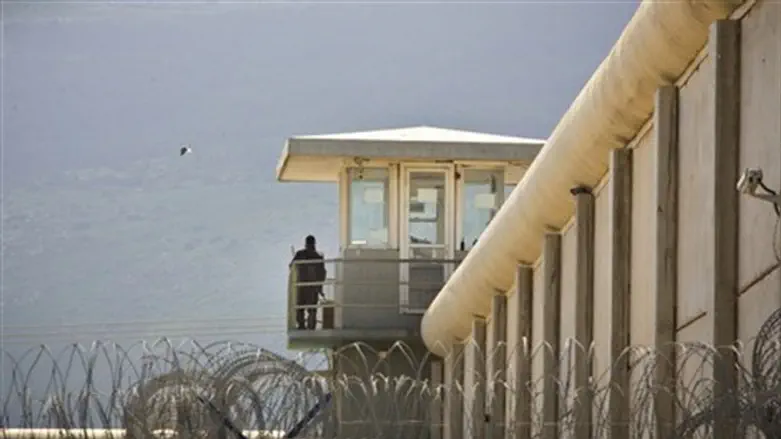
It was cleared for publication that a special release committee in the northern district next to the Nazareth District Court ruled that defendant Yusuf Abu al-Hir, a terrorist who was released in a prisoner exchange, must return to serving the full sentence of the life sentence originally imposed on him.
Abu al-Hir was convicted in the military court of numerous serious security offenses, including a large number of bomb-placing incidents, laying of explosive charges on a railroad track, beaches, and various facilities, placing explosive charges in residential buildings, causing the deaths of two people and wounding many others.
He was convicted of all offenses and sentenced to 15 life sentences, plus 20 years in prison and 10 years in prison.
Al-Hir was released in 1983 was as part of the first Jibril deal after serving 14 years in prison.
That same day he left the country. However, he returned to Israel a week and a half ago. On the day he landed in Israel, he was arrested and brought before the parole board, and a request was submitted to cancel his release and to order him to immediately serve the prison sentence for an unlimited period imposed by the military court.
The state argued that the chief of staff established a condition according to which the release of the defendant from prison is conditional on his leaving the country permanently. When he returned to Israel he violated the condition, and was therefore obligated to complete his sentence.
The state further contended that when the conditions of his release were violated, and that while the release committee did not determine that the terrorist still represented a danger to Israeli citizens, he should be returned to prison.
The parole board accepted the state's position and stated in its decision that "the keys to the prison were in the hands of the respondent himself, and the respondent received these keys upon his release, in order to preserve the keys, his long term of punishment, and the need to protect the security of the state. "
"The Respondent agreed to this condition in the first place and the fact that he left the country for many years, knowing that this departure was conditional on the letter of relief for a period of time. Therefore, there is no recourse other than for him to re-enter the prison walls and to throw out the key which was given to him," the committee said.